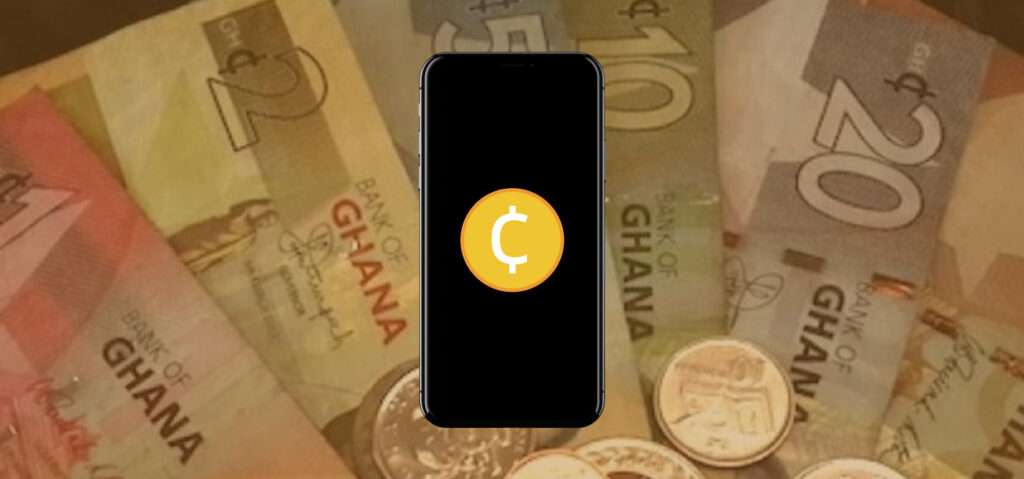Digital Currencies are gaining traction in recent years with some zealous countries joining the fray at a lightening speed. Ghana in its own strength, began the process of having a digital currency called the e-cedi. But what has become the state of Ghana’s eCedi journey?
Globally, technological developments and modernisation of payments in response to digitalisation of society have been identified as the key accelerators of Central Bank Digital Currency (CBDC). The disruption caused by Covid-19 in recent times has become an additional impetus.
In Ghana the motives include a combination of factors such as; facilitation of financial inclusion, pursuit of a cash-lite economy, enhancing operational efficiency and cost-effectiveness in payments, and provision of a safe, secure and trustworthy alternative to privately issued digital currencies.
Meanwhile, a closely-followed study shows a total of 130 countries representing 98% of the global economy are now exploring digital versions of their currencies, with almost half in advanced development, pilot or launch stages.
In the developed world, the research by the US-based Atlantic Council think tank reported significant progress over the past six months meant that all G20 countries with the exception of Argentina were now in one of those advanced phases.
Eleven countries, including a number in the Caribbean, and Nigeria, have already launched central bank digital currencies (CBDCs) as they are known, while pilot testing in China now reaches 260 million people and covers 200 scenarios from e-commerce to government stimulus payments.
Two other big emerging economies, India and Brazil, also plan to launch digital currencies next year. The European Central Bank is on track to begin its digital euro pilot ahead of a possible launch in 2028, while over 20 other countries will also take significant steps towards pilots this year.
In the United States, though, progress on a digital dollar is only “moving forward” for a wholesale (bank-to-bank) version, the Atlantic Council’s research said, whereas work on a retail version for use by the wider population has “stalled”.
Has Ghana Gone to Sleep on Its eCedi Ambitions?
This brings to the very question that many will be asking, has Ghana gone to sleep on its eCedi ambitions? Your guess is as good as mine. Ever since the central bank announced the development of eCedi in 2021, the central bank has undertaken series of steps towards its implementation. However, lack of effort and commitment means that nothing is heard of the eCedi since BoG said it was piloting it in the Western Region.

Meanwhile, the global push for CBDCs comes as physical cash use falls and authorities look to fend off the threat to their money-printing powers from bitcoin and ‘Big Tech’ firms.
In the era of the globalisation, it is important that domestic CBDCs are designed with the prospects of adaptation for interoperability with CBDCs of other jurisdictions. Efforts to accelerate integration of the economies of African economies, particularly under the African Continental Free Trade Area (AfCFTA) makes this a key consideration in the eCedi design.
Across the globe, sanctions imposed on the likes of Russia and Venezuela in recent years have been another driver, including even for long-time US allies like Europe, which wants to ensure it has an alternative to the Visa, Mastercard and Swift payment networks. Since Russia’s invasion of Ukraine and the G7 sanctions response, wholesale CBDC developments have doubled.
Sweden remained one of Europe’s most advanced with its CBDC pilot, while the Bank of England is pressing on with work on a possible digital pound that could be in use by the second half of this decade. Australia, Thailand, South Korea, and Russia all intend to continue pilot testing this year too.
Despite the growing interest in CBDCs, however, some countries that have launched them – such as Nigeria – have seen a disappointing take-up, while Senegal and Ecuador have both cancelled development work.
The onus now lies with Ghana to do things differently in order to succeed where others are failing. Over the years, Ghana’s payment landscape has undergone remarkable transformation following the implementation of the Ghana Interbank Settlement (GIS) system, which is one of the first few Real Time Gross Settlement (RTGS) system implemented in sub-Saharan Africa.
The subsequent establishment of the Ghana Interbank Payment and Settlement Systems (GhIPSS) in 2007 further enhanced the landscape with supportive structures such as the Automated Clearing House (ACH) system and the Cheque Codeline Clearing with truncation (CCC) system.
Additional improvements aimed at expanding customer access to retail electronic payments led to the implementation of the National Biometric SmartCard Payment System (e-zwich) and the National switching and Processing System – Gh-link. These systems together provided the core infrastructure for the GhIPSS Instant Pay (GIP), a secure instant electronic interbank retail fund transfer system, and the mobile money interoperability (MMI), which allows funds transfer across mobile money platforms, e-zwich platform and bank accounts using mobile money wallets and e-zwich wallet.
The development of the eCedi will take Ghana’s payment system to another level. This is because, the eCedi takes into consideration CBDC standards, making it possible for Ghana to participate in international projects on cross border CBDCs.
The eCedi will also support programmable use cases to enable innovation and new business models while maintaining the trust of the users.
Notable among the programmable use cases are “government-to-person” and “person-to-government” payments. In addition, it is capable of “machine-to-machine” automated payments in the Internet of Things.



















